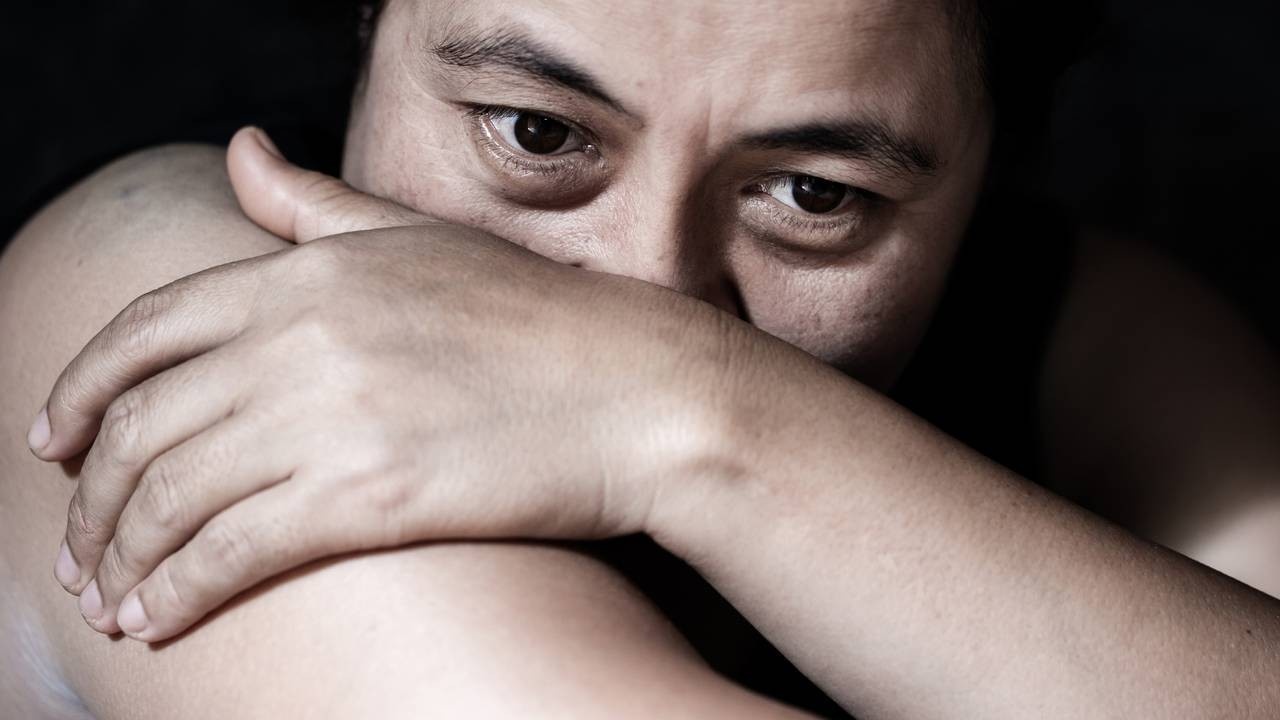How is perinatal trauma different from other kinds of trauma?
May 24, 2022
I have always believed that perinatal trauma is nuanced and different from other kinds of trauma, such as motoring accidents or natural disasters.
Perinatal trauma can impact parents health on all levels; physical, emotional, mental, and spiritual.
The lasting effects can be devastating for both the individual and to their closest relationships.
One of the biggest differences is that the journey to become a parent can have many difficult or traumatic events along the way.
Sadly, some people experience more than one of the following traumas as part of their perinatal experience. Recurrent miscarriage, stressful IVF procedures, hyperemesis, birth trauma, baby loss, breast feeding trauma and chronic sleep deprivation. These perinatal traumas do not necessarily happen just once or as isolated events.
It is important for all perinatal professionals to appreciate that when parents are impacted by one trauma they can be left with symptoms of high arousal that then leave them more vulnerable to experiencing more trauma.
In a state of hyper arousal the brain and the autonomic nervous system is trying to protect the person from experiencing the same or similar event again.
In a dysregulated, sympathetic state traumatised parents are actively looking out for danger as a way of preventing more harm from happening. This heightened perception of danger can in fact create the perfect conditions for experiencing more trauma.
If we consider the experience of someone who is pregnant again after a miscarriage, it will be incredibly challenging for them to keep the fear of another miscarriage at bay.
Every scanning or midwifery appointment could be another potentially traumatising event, even if there is nothing wrong with the pregnancy.
Or, if we think about a new parent who is recovering after a traumatic birth post partum and still experiencing high levels of the stress hormones adrenalin and cortisone whilst trying to feed or bond with their baby. Feeding and bonding are going to be difficult because the trauma response is preparing both the body and mind for a completely different event.
This is explains why so many parents experience breast feeding trauma following birth trauma.
When we understand the echoing effects of perinatal trauma it’s easy to understand why so many parents experience more than one trauma.
It also explains the high incidence of perinatal mental health problems such as anxiety and depression. Trauma left untreated can easily manifest into these more serious health problems.
There has never been more of a need for perinatal professionals; doulas, breastfeeding counsellors, antenatal teachers, and TBR Practitioners who understand the importance of recovery from perinatal trauma.
Society desperately needs more practitioners who have the framework, skills, tools and ability to effectively support traumatised parents back to health.
The health of future generations depends upon the support available to traumatised parents.
Which is why we are opening applications up for TBR's Practitioner Certificate in Perinatal Emotional Health & Wellbeing again.
Or you can book a call here to find out if this is the right investment for you.
This 18 month long course, consists of 10 modules, is OCN accredited and will start again with a new cohort of students in September this year.
I look forward to receiving your application soon.
